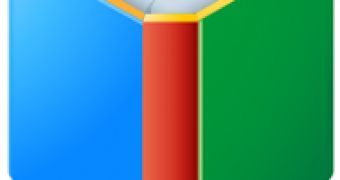Google Books was a very ambitious project. A decade ago, Google decided to scan all of the world's books and make them available for search online. The technological hurdle was minor, the legal one insurmountable.
The issue that stopped Books in its tracks is its inclusion of copyrighted books into the program. Even if they were not available to the public in full, authors didn't like it and they sued, back in 2006.
It took a couple of years, but the two opposing sides reached a settlement that would allow Google to scan any book and, crucially, sell copyrighted books even if the copyright owner could not be found.
Some worried that this gave Google a very big advantage over any competitor and, indeed, even with some adjustments, the judge would not approve the settlement, sending Google back to square one.
The lawsuit is right back where it started and Google will either have to drop its project entirely, which is much more likely than it was even a couple of years ago since Google has decided it wants to focus on pragmatic products and not too many of them at that, or continue to fight, arguing that what it's doing is fair use, as many said it should have had from the start. Even if it wins, it will be years before anything will come out of it.
But there's another project that hopes to succeed where Google failed, what's more, righting Google's wrongs while it's at it. Dubbed the Digital Public Library of America, its stated goal is to digitize all books and make them available to everyone for free.
Everyone in this case being Americans and "all" books meaning all the books that it can. And its backers don't know what books they can include just yet.
Technology Review has a comprehensive article covering the project and the problems surrounding digital books. It concludes that, while the project has promise, it will probably face the same problem that has stopped all similar projects so far, copyright.
The project's creators would want to include all books that are at least five or ten years old. This is meant to protect the commercial market for new books. If that's how copyright law worked, i.e. if it worked as its creators intended, new books would still be protected, but everything else would be available to the public.
But the reality of today's copyright laws means that no book newer than 1923 may be included in the project. If that were the case, the DPLA would be yet another place to find digitized public domain books. There are several already, the biggest perhaps being Google Books, though none is complete.

 14 DAY TRIAL //
14 DAY TRIAL //